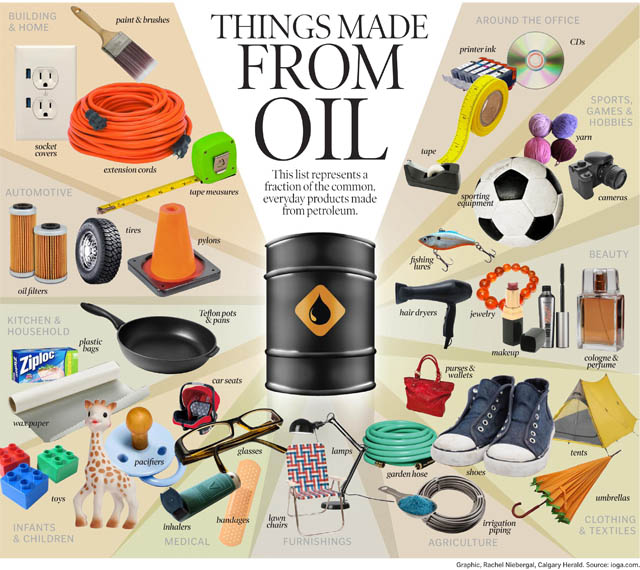For Those in a Hurry
It’s goes beyond energy and transportation uses. Oil is ingredient in many products. This includes plastics, cosmetics, and medicines. Surprisingly, it’s even found in chewing gum. Oil’s versatility stems from its chemical properties. Consequently, these properties make it ideal for a variety of applications. Its role in daily life is often underappreciated. Therefore, understanding its widespread use can change our perception of oil.
Oil is Ingredient in Many Products: Plastics and Synthetics
In the realm of plastics and synthetic materials, oil plays a crucial role. These materials are used in everything from packaging to technology. The petrochemical industry relies heavily on oil. It transforms oil into a range of useful products. As a result, this process is integral to manufacturing a vast array of goods.
The Role of Oil in Cosmetics and Pharmaceuticals
In the cosmetics and pharmaceutical industries, oil derivatives are key ingredients. They enhance texture and efficacy in these products. For instance, cosmetics use oil-based compounds for smooth application. Similarly, medicines often contain oil derivatives as active or binding agents. Thus, oil’s role in health and beauty is significant.
Oil is Ingredient in Many Products: Everyday Items
Moreover, oil’s presence extends to surprising everyday items. It’s a component in items like chewing gum. Even detergents and some fabrics contain oil derivatives. This wide range of applications showcases oil’s versatility. Therefore, it’s a fundamental component in numerous industries.
The Environmental Impact and Alternatives
Furthermore, the extensive use of oil raises environmental concerns. Its production and use have significant ecological footprints. Recognizing this, efforts are underway to find sustainable alternatives. For example, bioplastics and natural cosmetics are gaining popularity. These alternatives aim to reduce reliance on oil, promoting a greener future.
In conclusion, the role of oil in our daily lives extends far beyond its use as a fuel. As an ingredient in many products, from plastics and cosmetics to medicines and even chewing gum, oil’s versatility and utility are astounding. However, this widespread use also brings to light environmental concerns, prompting a growing interest in sustainable alternatives. Understanding oil’s multifaceted applications not only broadens our perspective on this valuable resource but also highlights the importance of seeking eco-friendly solutions in product manufacturing and consumption.























